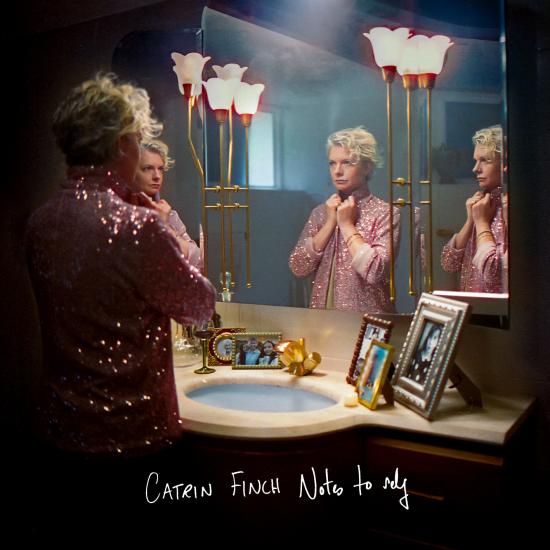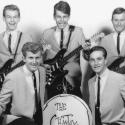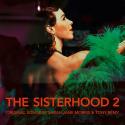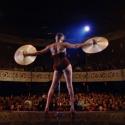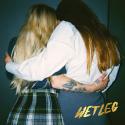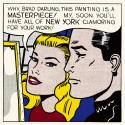new music reviews, news & interviews
the future of arts journalism
You can stop theartsdesk.com closing!
We urgently need financing to survive. Our fundraising drive has thus far raised £33,000 but we need to reach £100,000 or we will be forced to close. Please contribute here: https://gofund.me/c3f6033d
And if you can forward this information to anyone who might assist, we’d be grateful.

latest in today
We are bowled over! We knew that theartsdesk.com had plenty of supporters out there – we’ve always had a loyal readership of arts…
The brainchild of Derry Girls creator Liz McGee, this is a strange and tortuous tale which defies easy categorisation. There’s plenty of…
The title comes from the August 1965 Paul Revere & the Raiders single “Steppin' Out,” a paint-peeling stomp which just missed the US…
Almost everything about Piotr Anderszewski's Wigmore Hall recital pleased, intrigued and even thrilled – except, perhaps, the order of the…
The BBC NOW called this concert Echoes of France, which was both an understatement and a partial misnomer. Cardiff’s St David’s Hall being…
Two centuries ago, New York City was a tangled collection of streets on the narrowing southern end of Manhattan island. Expansion pointed…
An English Violin Geneviève Laurenceau (violin), Orchestre de Picardie/David Niemann, with Jean-Frédéric Neuburg (piano) (NoMadMusic…
Released once again in advance of International Women's Day, The Sisterhood 2 is a worthy successor to Sarah Jane Morris and Tony Rémy's…
Cinema has a deep distrust of the devout. Even though many movie types are tied up in all sorts of personal spiritual pursuits, organised…
Famously Handel and Bach never met, despite being born in the same year in the same country. So it was fun to see the programme for the…
Most read
Who is the real Grace Jones? This is the central question that drives Sophie Fiennes’s documentary, Grace Jones: Bloodlight and Bami. After…
Wet Leg’s self-titled debut album is one that has generated significant expectations over the past few months. Last year’s singles “Chaise…
Somewhere in the bowels of the BBC, far away from the overheated stories of serial killers and female mutilation that clamour for the…
Every February the Sadler’s Wells flamenco festival summons the illusion of Spanish sun onto our chilled, grateful backs - this year…
Towards the end of Tate Modern’s retrospective of Roy Lichtenstein, there is a small abstract painting, Untitled, 1959, executed just…
Scandi thrillers have a lot to answer for. Ever since the small-screen success of the Swedish Wallander series, based on the books by…
The brainchild of Derry Girls creator Liz McGee, this is a strange and tortuous tale which defies easy categorisation. There’s plenty of…
Almost everything about Piotr Anderszewski's Wigmore Hall recital pleased, intrigued and even thrilled – except, perhaps, the order of the…
"How can we sleep for grief?", asks the brilliant and agitated Thomasina Coverly (the dazzling Isis Hainsworth) during the first act of…
An English Violin Geneviève Laurenceau (violin), Orchestre de Picardie/David Niemann, with Jean-Frédéric Neuburg (piano) (NoMadMusic…



